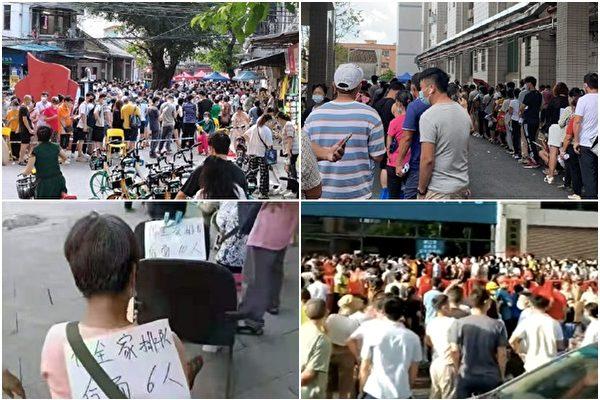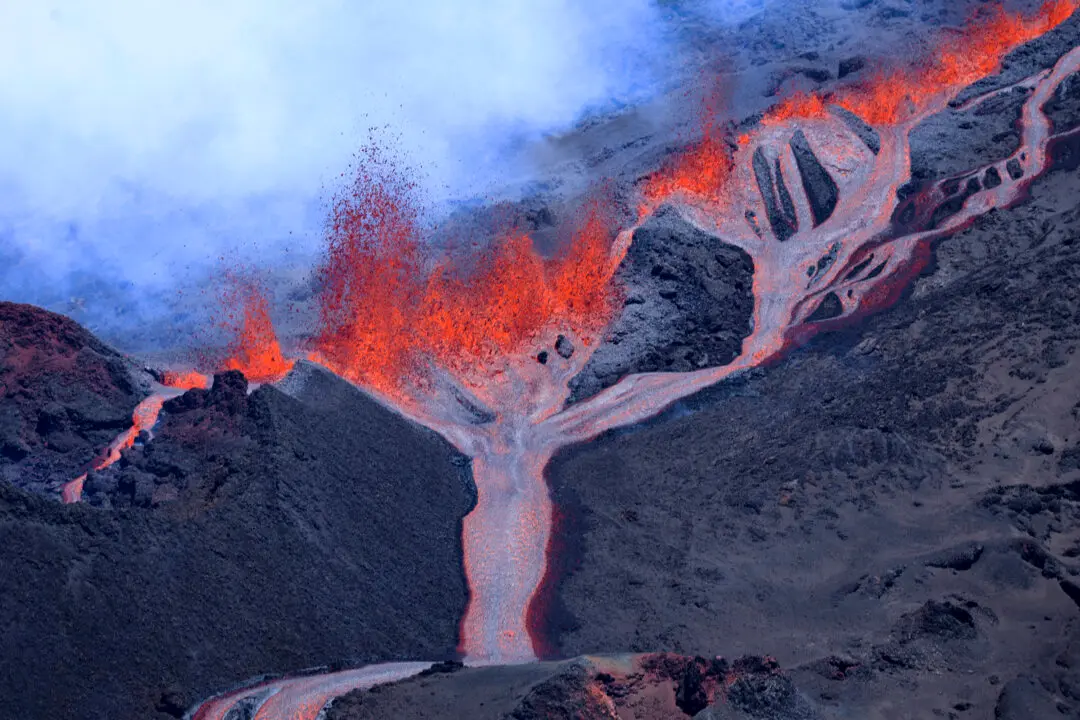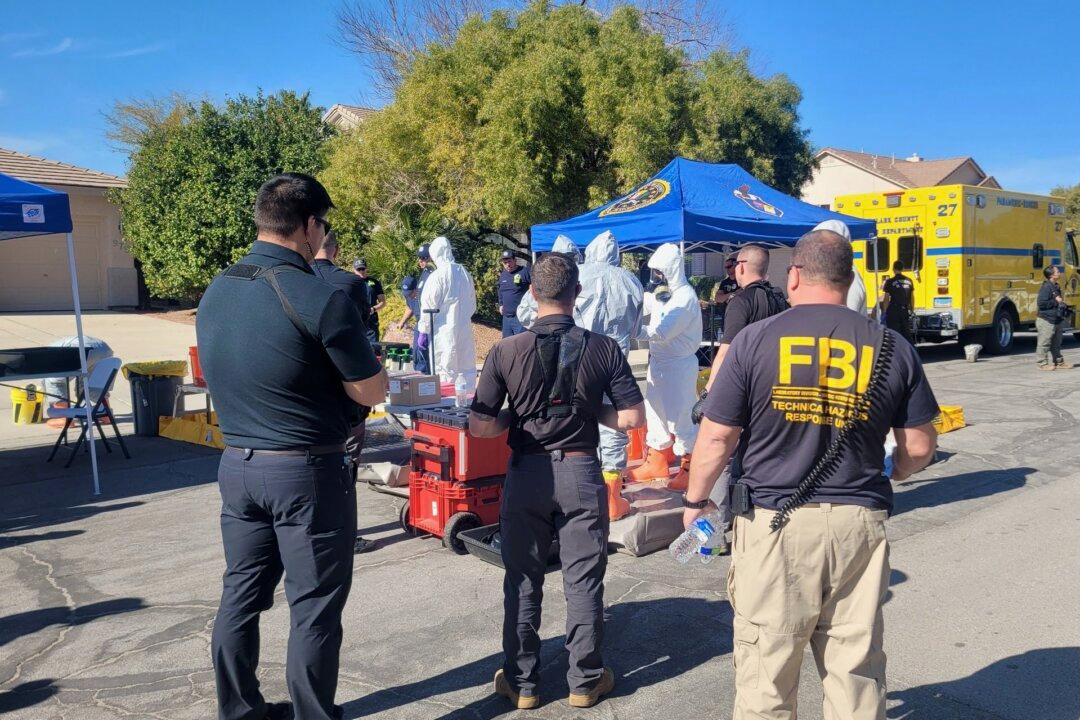China’s southern city of Guangzhou has become the epicenter of a major new coronavirus outbreak. Starting May 31, locals must present a “health code” if they want to leave the city, an indication of a semi-lockdown. At the same time, however, local authorities decided to stop all vaccinations without a sensible explanation.
Guangzhou’s deputy mayor Li Ming announced at the city’s epidemic control press conference on May 31 that mass vaccination against COVID-19 was suspended starting immediately.





